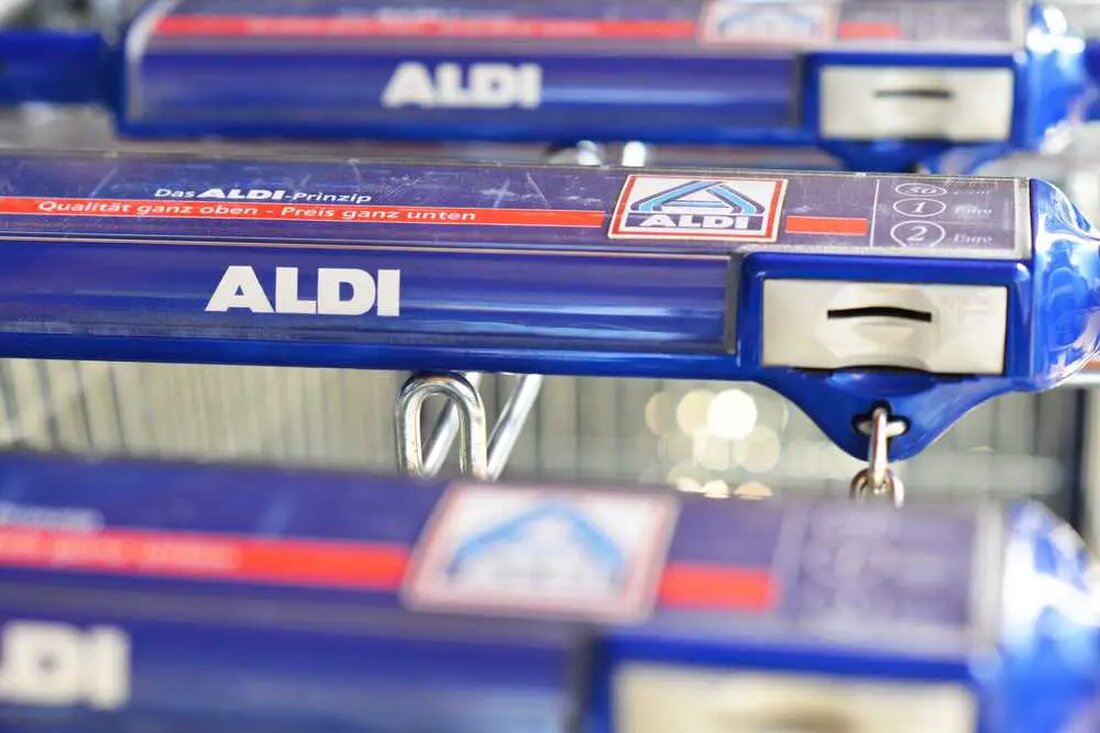Why Aldi's payment system for shopping carts is part of its success: Understanding Aldi's business model and the cultural gap between Europe and the USA
The specifics of the Aldi business model Aldi is not an ordinary supermarket chain, but a brand with a business model that has been refined through many years of operation in Europe. This German retailer has made a name for itself by providing high quality products at competitive prices. But how does paying for shopping carts fit into this strategy? Aldi has made a name for itself by combining quality and value for money. The success of this strategy is based on cost-saving mechanisms: Employee Efficiency By encouraging customers to return their shopping carts, Aldi saves costs on additional staff to take care of this task. Theft Prevention With the increasing trend of...

Why Aldi's payment system for shopping carts is part of its success: Understanding Aldi's business model and the cultural gap between Europe and the USA
The special features of the Aldi business model
Aldi is not an ordinary supermarket chain, but a brand with a business model honed through many years of operation in Europe. This German retailer has made a name for itself by providing high quality products at competitive prices. But how does paying for shopping carts fit into this strategy?
Aldi has made a name for itself by combining quality and value for money. The success of this strategy is based on cost-saving mechanisms:
Employee efficiency
By encouraging customers to return their shopping carts, Aldi saves costs on additional staff to handle this task.
Theft prevention
With the increasing trend of shopping cart thefts in the USA, the deposit system reduces the risk and ensures the protection of company assets. For context, replacing a shopping cart can cost anywhere from $75 to $250.
Compliance with parking rules
The deposit system for shopping carts ensures cleanliness and order in Aldi's parking spaces. It avoids problems such as blocked parking spaces or accidental damage to parked vehicles by stray shopping carts.
Cultural differences: Europe versus USA
Have you ever wondered why European tourists look surprised at the rows of shopping carts in a typical American supermarket? The story of the shopping cart is a telling example of the cultural differences between Europe and the USA. In this section, we will explore how history and cultural habits influence simple decisions like choosing a shopping cart or shopping bag.
Europe's centuries-old traditions and infrastructure influence shopping habits:
Smaller living spaces
Old buildings in Europe mean smaller living spaces. As a result, residents have smaller refrigerators and storage space, resulting in more frequent shopping trips but fewer items purchased.
Preference for tote bags
Many Europeans prefer to use reusable bags instead of shopping carts. A stark difference from the US, where bulk buying is common at stores like Costco and Sam’s Club.
Coin release shopping cart
These are widespread in Europe and show the cultural differences in the use of shopping carts.
The increasing trend of thefts
As the retail landscape evolves, so do the challenges. While shoplifting is not a new phenomenon, its scale and audacity are a pressing concern for many retailers. Beyond just statistics, we want to explore how stores, including Aldi, are driving innovation to counter this alarming trend.
Retail theft isn't just limited to shopping carts. The U.S. retail industry is grappling with a massive $95 billion “shoplifting problem.” Here are some measures stores, including Aldi, are taking to curb this trend:
Theft of goods
From power tools at Home Depot to cosmetics at Walmart, stores are increasingly locking up products to prevent theft. According to Insider, stores are investing heavily in security measures such as surveillance cameras, security guards and, in some extreme cases, even military personnel.
Alternative anti-theft measures
Not all stores have followed Aldi's example with the deposit system. Stores like Target have equipped their shopping carts with wheel locks that activate when they stray too far from designated areas.
The psychology behind Aldi's shopping cart deposit system
Human behavior is fascinating, especially when influenced by seemingly subtle changes in the environment. Aldi's shopping cart deposit system is more than just a quarter; it is a psychological nudge that pushes customers toward a desired behavior. Let's look into the minds of consumers and consider how Aldi's approach influences decision making.
Michael Roberto believes Aldi's system is based on "simple human psychology." Many Aldi customers are mindful of their budget and are naturally reluctant to pay for a service that is normally free. The small deposit serves as an incentive for customers to return their shopping carts.
Is Aldi's shopping cart system really effective?
Every innovation has its supporters and critics. Aldi's deposit system for shopping carts is a hit with many, but it also raises questions. It's time to weigh the effectiveness and possible disadvantages of this model by considering its advantages and disadvantages.
Despite the obvious benefits, there are some who argue that it is not effective:
Rent instead of buying
Some see the quarter as a purchase price and not as a deposit and therefore do not feel obliged to return the shopping cart.
Alternative solutions
As theft becomes more common, many retail stores are exploring other deterrent methods beyond the deposit system.
Aldi's shopping cart payment system may seem confusing to newbies. However, understanding its multiple benefits, from promoting self-service to preventing theft, highlights its effectiveness. As Aldi continues to expand its footprint in the U.S. and open over 2,000 stores, consumers can use the store locator to experience this unique system firsthand.

 Suche
Suche
 Mein Konto
Mein Konto
